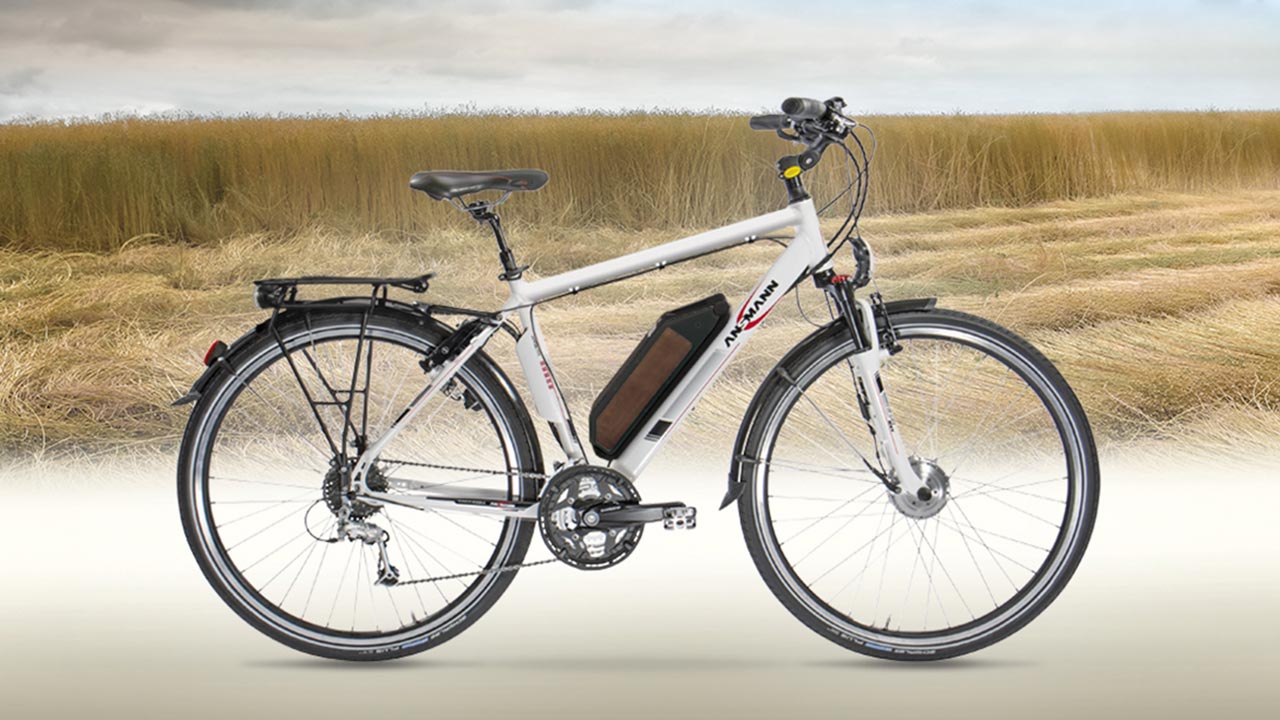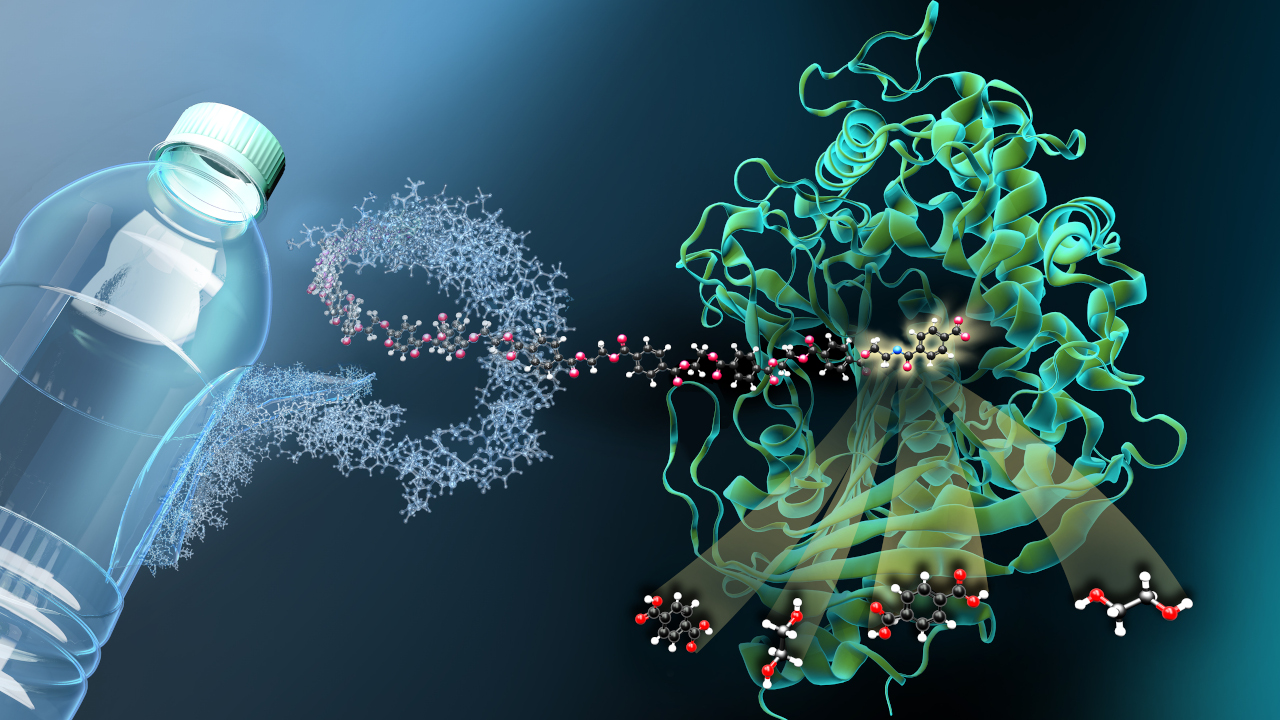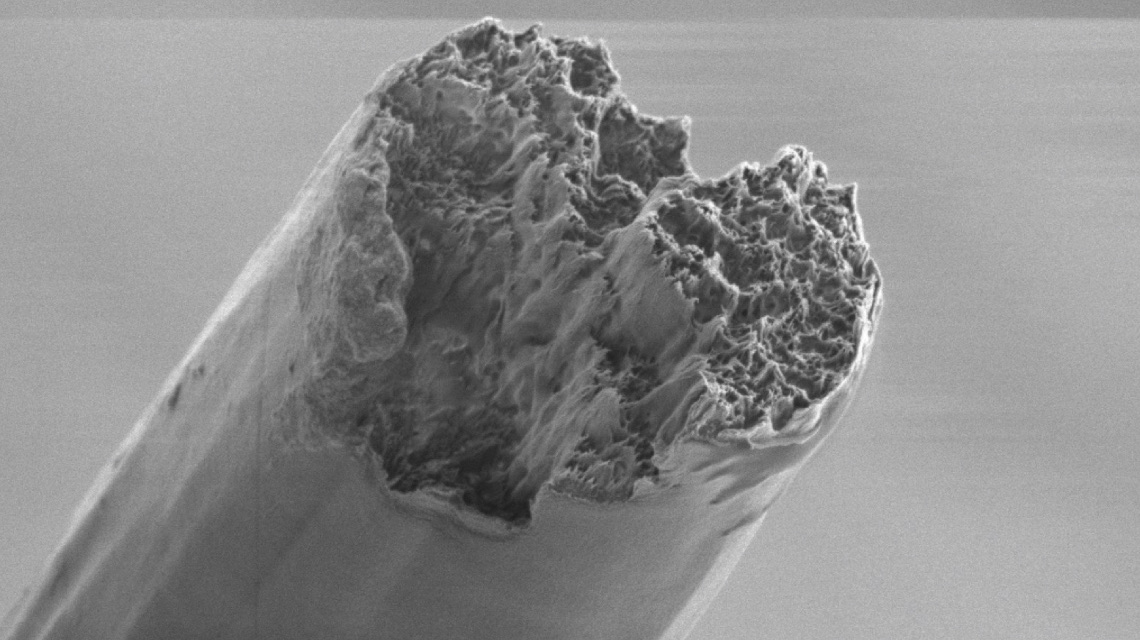Biobased lightweight construction for Pedelecs
Natural fiber-based organic sheets are expected to make the housings of e-bike batteries lighter.

Almost every second bicycle sold in Germany in 2021 was a pedelec. As in the previous year, this represents an increase of around two million. The battery is an essential component of such electric bicycles - and at the same time a significant weight factor. With financial support from the German Federal Ministry of Food and Agriculture, the Fraunhofer Institute for Structural Durability and System Reliability (LBF) and Ansmann AG, a German manufacturer of lithium-ion batteries, have now developed a bio-based lightweight alternative.
Flax fibers promise safety in case of accidents
The focus of the BioBattery project was on the battery housing, which has so far been made from metal sheets. A bio-based alternative could be lighter and promise interesting material properties such as superior impact strength. This results from the low splintering tendency and high elasticity of many plant fibers, which means high stability of the battery housing in the event of an accident.
But there is a reason why there are hardly any natural fiber sheets on the market so far: These fibers cannot be processed at high temperatures, which makes impregnation difficult. The research team therefore worked with flax fibers, which are already characterized by higher temperature stability compared to other natural fibers. The experts also developed a special melt impregnation process suitable for producing organic sheets from natural fibers. The researchers initially used polypropylene as a carrier material for the flax fibers. However, later tests showed that bio-based polyamide could promise even better mechanical properties.
Demonstrator is superior to comparable housings
In the project, the demonstrator was therefore still based on a composite material made of polypropylene and flax fibers. Tests carried out by Ansmann with this e-bike battery housing showed that the demonstrator had better mechanical characteristics than conventional comparative housings. As expected, it was also lighter.
Still to be worked on is an undesirable curvature of the organo components that occurs when sheets and housings are joined by injection molding and cool down. However, the team already has several approaches to solving this problem, which now need to be tested. If these are successful, the natural fiber-based organosheets could soon make the leap to industrial application. The project already won the Baden-Württemberg Bioeconomy Innovation Award at the end of last year.
bl


